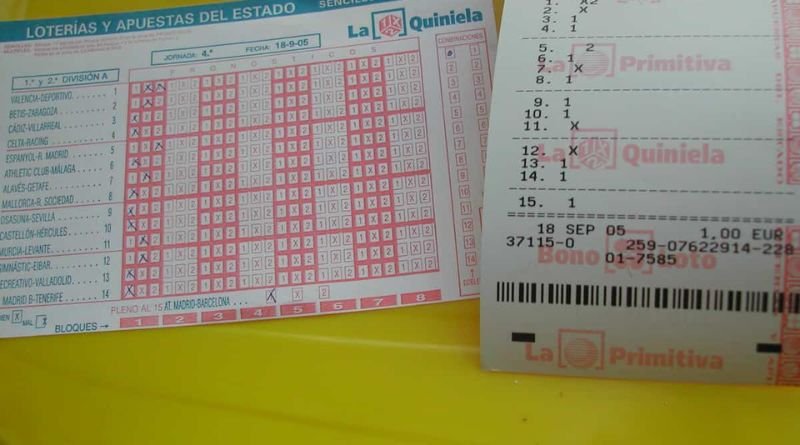Introduction
The term “quiniela” refers to a popular betting system found primarily in Latin American countries and Spain. While it has its roots in horse racing, the quiniela has evolved to encompass various sports, making it a versatile and engaging way for fans to participate in their favorite games. This article will delve into the history, mechanics, and cultural significance of the quiniela, along with some frequently asked questions.
Table of Contents
What is Quiniela?
At its core, a quiniela is a type of wager where participants predict the outcome of several matches or events. Traditionally associated with horse racing, the concept has expanded to include sports such as soccer, basketball, and more. The name “quiniela” comes from the Spanish word “quintuple,” as bettors often pick multiple outcomes in hopes of achieving a substantial payout.
How Quiniela Works
Basic Mechanics
- Selection of Matches: Participants select a series of matches or events, usually ranging from two to several dozen.
- Predicting Outcomes: Bettors predict the outcomes of these matches, often specifying which team will win, lose, or if a match will end in a draw.
- Betting Slip: Once predictions are made, bettors submit a betting slip, detailing their selections.
- Results and Payouts: After the matches conclude, results are verified, and payouts are determined based on the number of correct predictions.
Types of Quiniela
- Quiniela Tradicional: This traditional format involves picking the winners of a predetermined number of matches, typically within a specific league or tournament.
- Quiniela de Fútbol: Specifically focuses on soccer matches, where participants predict match outcomes in various leagues.
- Quiniela de Caballos: Originally focused on horse racing, this version remains popular in many countries.
Cultural Significance
The quiniela holds a special place in the hearts of many sports fans. It fosters community engagement and camaraderie as friends and family come together to discuss predictions and celebrate wins. In many countries, quiniela betting is a social activity, often accompanied by gatherings and celebrations around significant matches.
In addition, quiniela pools are commonly organized among friends or colleagues, further enhancing the sense of community. These informal settings make betting more accessible and enjoyable, especially for those new to the practice.
Legal and Ethical Considerations
While quiniela betting can be a fun and engaging pastime, it is essential to be aware of local laws and regulations regarding gambling. In some regions, specific licensing and regulations govern betting activities, ensuring fair play and protecting participants. Always check the legal framework in your area before participating in any form of gambling.
FAQs
What is a quiniela?
A quiniela is a betting system where participants predict the outcomes of multiple matches or events, traditionally in sports like horse racing and soccer.
How do you win a quiniela?
To win a quiniela, you must correctly predict the outcomes of the selected matches. The more matches you predict correctly, the higher your potential payout.
Is quiniela legal?
The legality of quiniela betting varies by country and region. It is essential to check local laws and regulations regarding gambling activities.
Can quiniela be played online?
Yes, many online betting platforms offer quiniela betting options, allowing participants to place wagers conveniently from home.
How is quiniela different from other betting systems?
Unlike straight bets that focus on individual outcomes, the quiniela involves predicting multiple outcomes, often across several matches, which can increase the potential for larger payouts.
Conclusion
The quiniela is more than just a betting game; it’s a cultural phenomenon that brings people together and enhances the excitement of sports. Whether you’re a seasoned bettor or new to the world of sports betting, understanding the mechanics and significance of the quiniela can enrich your experience and deepen your appreciation for the games you love.






